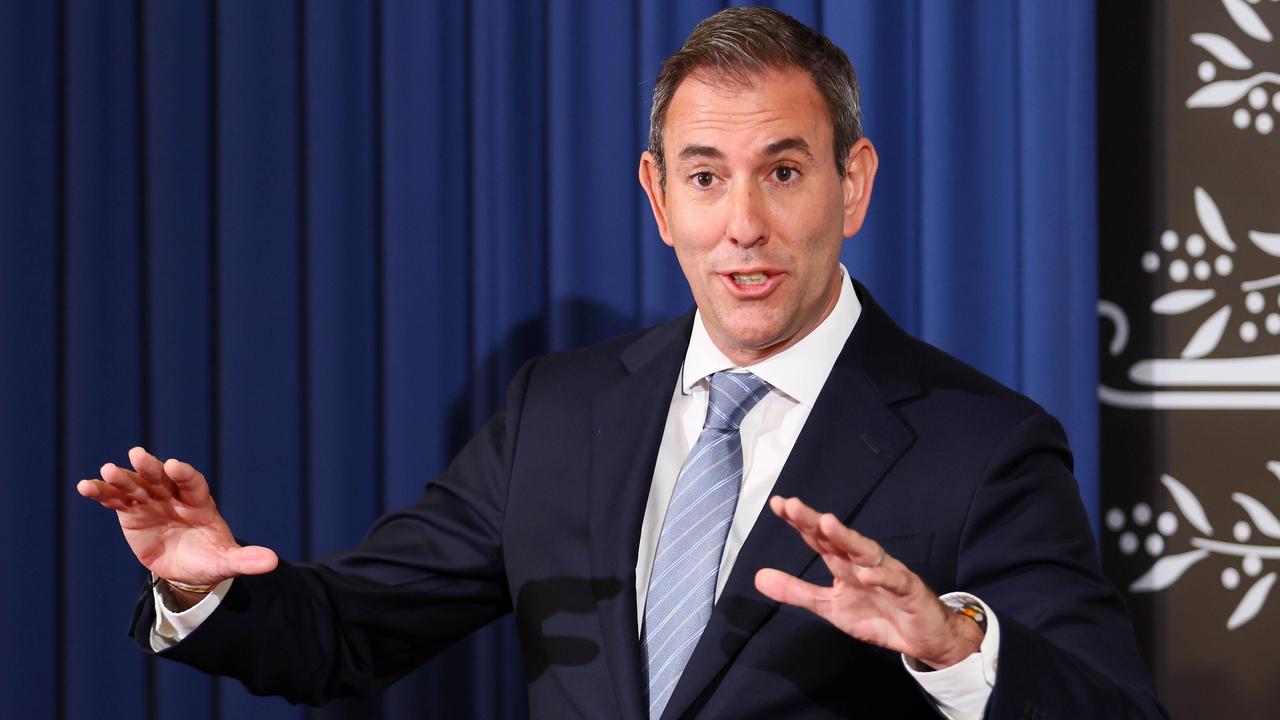Federal Budget 2022: Aged-care workers pay rise snubbed
Aged care providers have slammed the Budget, saying workers will be left on the brink of poverty and residents will go without.
Aged care workers will be left on the brink of poverty and the people they care for will be without the services they need as a result of the federal Budget, nurses, unions and aged care providers claim.
“There is nothing in this Budget to improve aged care wages,” said the Australian Aged Care Collaboration, a group of six aged care peak bodies that represents more than 1,000 organisations who deliver 70 per cent of aged care services to 1.3 million Australians
“The Budget confirms the inadequacy of the government’s previous response to the Royal Commission. There is so much more work to be done,” the group said.
“The Royal Commission’s workforce recommendations are the key area of unfinished business and the government has left it that way,” the AACC said.
CEO of BaptistCare NSW & ACT Charles Moore said the Budget was “another disappointing blow for a sector that is on its knees”.
“Workforce shortages across aged care are exhausting our staff, in some instances impacting the quality of care residents deserve, costs of managing the pandemic have continue to increase and aged care workers are struggling to keep up with the cost of living,” he said.

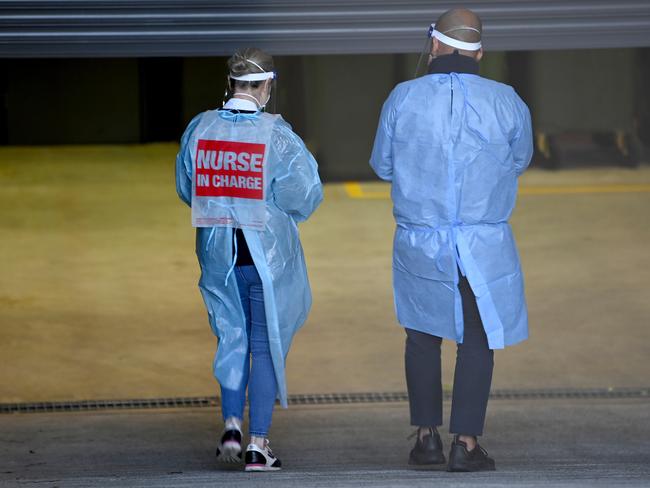
The aged care sector has been let down by chronic underfunding for over a decade, despite numerous independent reviews recommending significant increases, he said.
“The minimum we should be seeing from the Federal Government right now is a national funding strategy that includes providing aged care workers with fair pay for the vital work they do in our community,” he said.
Australian Nursing and Midwifery Association Federal Secretary Annie Butler said: “Mr Morrison’s Budget shows that playing politics, not fixing aged care, is his Government’s top priority”.
“One year into the Government’s five-year ‘reform program’, the reality is, nothing has improved, in fact the situation has only become worse,” she said.
“The Government cannot ignore the plight of nursing home residents, nurses and care workers, by failing to implement the Royal Commission’s key recommendations – safe minimum staffing levels, increased wages for aged care workers and genuine accountability for taxpayers’ money.
The union wants increased funding for public health and maternity systems; mandated nurse to patient staffing ratios in private aged care; higher wages for the aged care workforce; transparency measures to ensure that taxpayer-funds for aged care providers are tied-to direct care.
Health Services Union chief Gerard Hayes said the Coalition could “expect retribution at the ballot box” over its failure to fund an increase in the wages of aged care workers in the budget.
Personal care workers, home care workers, recreational activities officers, catering, cleaning, administration, and other aged care staff are seeking a 25 per cent pay increase through a Fair Work Commission case.
This would equate to an increase of between $5.40 and $7.20 per hour to increase the average wage to $29 per hour. Some aged care workers are currently paid less than $22 per hour, the union said.
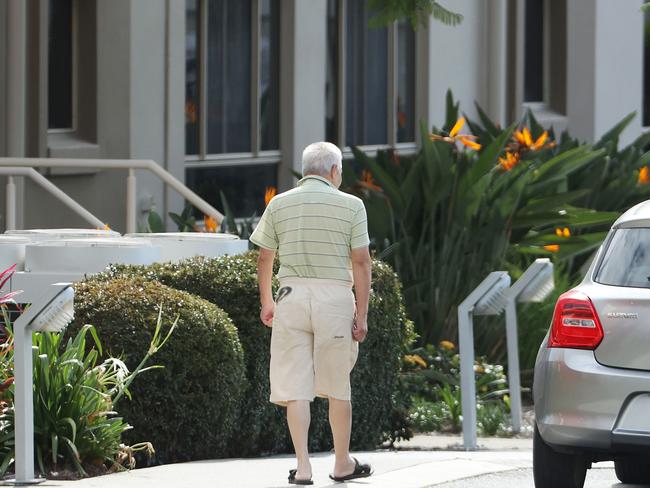
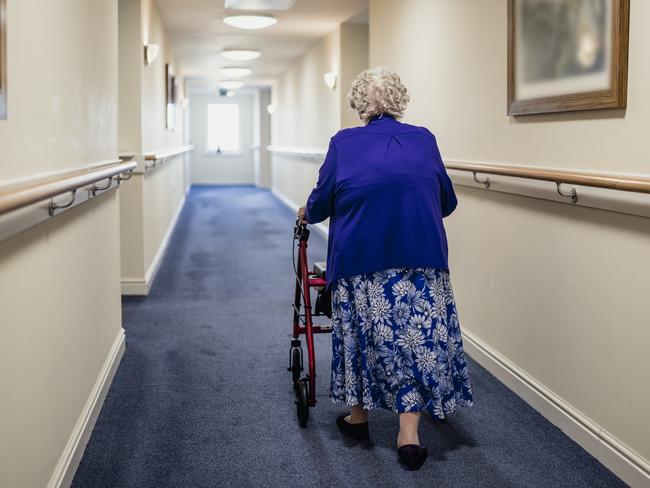
“Federal Labor has committed to support the case, with shadow treasurer Jim Chalmers committing at the weekend to fund an increase,” Mr Hayes said.
The Liberals had declined to support the case and in the Budget failed to fund an increase, he said.
“Aged care workers are living in poverty, skimping on food and risking homelessness,” said Gerard Hayes, HSU National President. “This is a hell of a way to repay people who risked their lives by working through the pandemic.
“Somehow Scott Morrison and the Liberals think it’s acceptable to pay these workers as little as $22 an hour. And then they wonder why there’s a staffing crisis.
“The Australian people know this situation is completely crook. The Liberals can expect retribution at the ballot box. We will make sure of it,” he said.
The Council on the Ageing (COTA) praised the government for maintaining momentum in reforms to aged care.
“Tonight’s budget reaffirmed the Government’s commitment to the aged care reform process based on the recommendations of last year’s Royal Commission into Aged Care Quality and Safety,” COTA boss Ian Yates said.
“The budget announced a further $468.3 million to support aged care services, bringing the total investment to $18.8B,” he said.
The continued investment maintains the rolling out of 80,000 home care packages over 2021-2023, funds 33,800 new training places for aged care workers, 8,400 new respite service and delivers funding to link nursing homes with community pharmacists and on-site pharmacists to improve medication management and safety, he said.
The Government will also implement, from 1 October 2022 a new residential aged care funding model that includes an additional $36.40 per bed, per day.
“Each nursing home around the country will have a target for the number of minutes of care they must deliver based on the clinical needs of their residents. This will be based on the initial stage recommended by the Royal Commission of 200 minutes per resident per day,” he said.
A new star rating system will score a nursing home out of five on how well they met their target without publishing the exact minutes of care they should have delivered for the funding they received, versus the number of minutes they actually delivered, he said.
He said more transparency was needed on this measure.
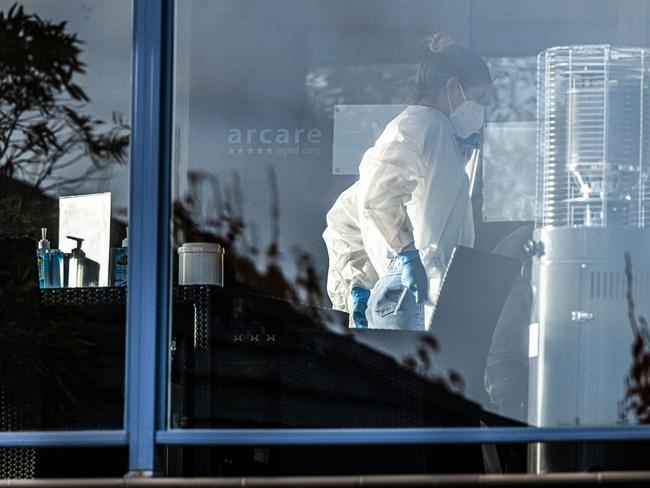
“Australian families deserve to know if the Government is spending on average $225 per day to deliver 200 minutes of care, that their aged care provider is actually delivering that care the taxpayer funded. We call on the Government to commit to publishing this information for every nursing home across the country as part of their star rating system,” he said.
Aged-care providers and unions have been pleading with the federal government to support a Fair Work Commission case asking for a $5-an-hour wage increase for workers who get paid less than people working at Bunnings.
The Budget ignored the plea but contains a range of measures including $345m to improve the medication management of residents in aged-care and money for quality audits of nursing homes.
Earlier this year, Prime Minister Scott Morrison announced an $800 wage bonus would be paid to aged-care workers but to date fewer than 2 per cent of workers have been granted the money.
Demand for aged-care workers has doubled since the pandemic and the government will spend $32.8m on clinical placements for students in five aged-care sites and fund 15,000 vocational training places for people interested in working in aged-care.
The budget provides $22.1m for hospital specialists and other health practitioners to provide healthcare for residents of aged-care homes.
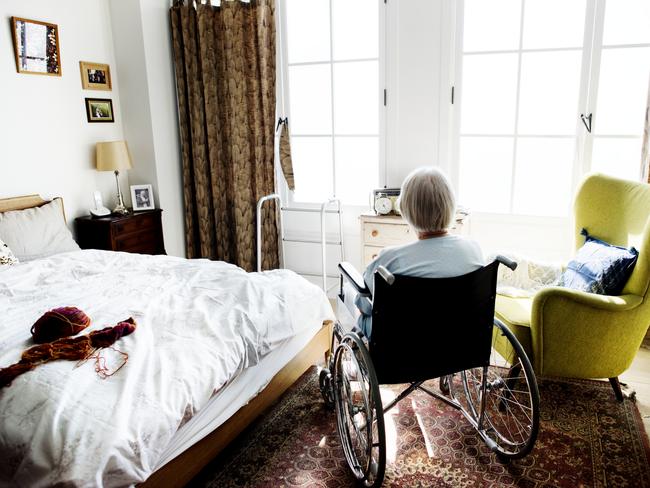
The scandalous treatment of vulnerable elderly people in aged-care homes prompted the royal commission to call out the sector for “neglect” and it said it “diminished Australia as a nation”.
Recent checks have found serious incidents in the sector almost tripled to more than 5000 in the last three months of last year including 2443 residents who suffered unreasonable use of force, 199 unexpected deaths, more than 1000 case of neglect and 515 cases of unlawful sexual conduct.
The Budget set aside $18.3m for a quality assessment surge workforce to conduct residential aged-care facility audits.
Almost $460m will be spent on helping the aged-care sector continue managing the pandemic, including $50m to improve vaccination delivery and $22m for in-facility PCR testing.
A new funding model for aged-care will come into effect in October with fees determined by an independent authority, and there is $20m to help aged-care providers transition to the new model.
Last year the government announced more than $17bn worth of spending in response to the royal commission.
“The 2022–23 Budget includes an additional $522m in aged-care to further the work, bringing the total investment to $18.8bn,” aged-care Minster Richard Colbeck said.
“Ultimately, aged-care will be delivered with respect and care, ensuring the dignity of our senior Australians,” he said.
Last year the government provided more money for home-care packages to help elderly people who want to age in their own homes.
“In the 12 months since our response to the royal commission, more than 50,000 senior Australians received a home-care package for the first time, growing the number of people accessing a package to almost 218,000,” Senator Colbeck said.
“In 2022–23 another 40,000 new home-care packages will be released, while the waiting time for a package has reduced by 25 per cent in the year to September 2021.”
More Coverage
Originally published as Federal Budget 2022: Aged-care workers pay rise snubbed




